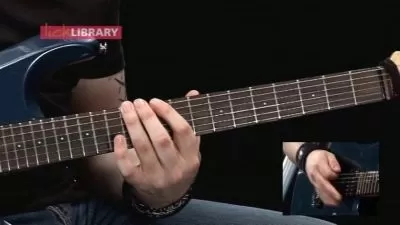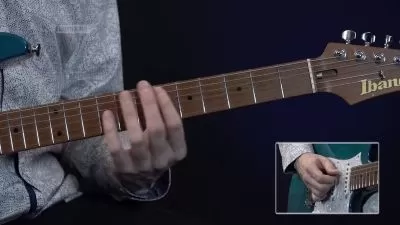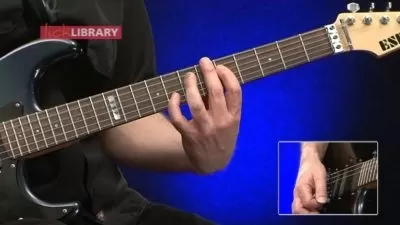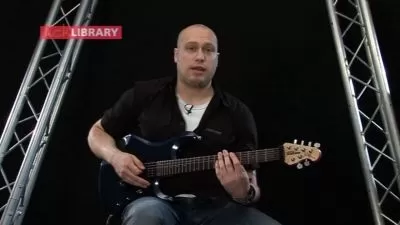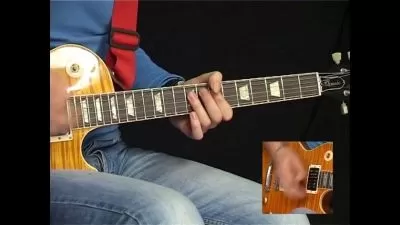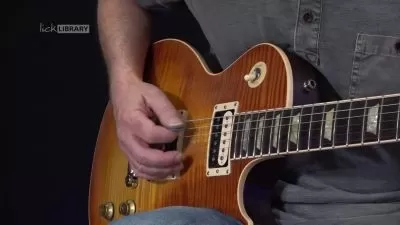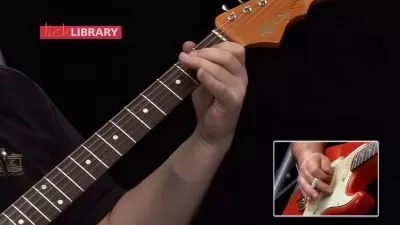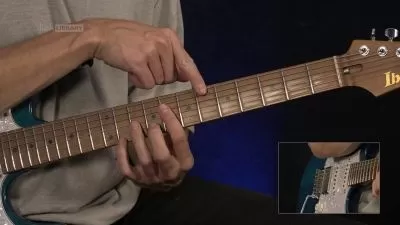About Bass GuitarLearn More
Bass guitar is a type of stringed instrument whose sound is amplified by an electric amplifier.
Used to produce low-frequency sounds, this instrument is very similar in appearance to an electric guitar, except that it has a larger body, longer neck and scale, and usually has four (and sometimes five or six) strings. in terms of tone, it is tuned an octave lower than the electric guitar, in the bass range.
Sort by:
Sorting
The newest
Most visited
Course time
Subtitle
Filtering
Frequently asked questions about Bass Guitar
The bass guitar is a staple of almost all forms of modern music. From rock and roll to jazz, country to hip-hop and beyond, bass guitar has provided the foundation and power of countless songs for nearly a century. The bass guitar's four strings are tuned one octave lower than the lowest four strings of a regular guitar. To provide the necessary low-end power, these strings are thicker than guitar strings (the low E string of a bass guitar is around .105 inches in diameter). The bass guitar is a surprisingly versatile instrument. While it is typically used as part of the rhythm section and not as a lead instrument, there are countless examples of bass solos and creative lead parts on bass. You will typically play one note at a time on a bass guitar, highlighting the root notes of chords and making tasteful decisions to craft a memorable bassline.
Bass is an excellent first instrument to learn for several reasons. For one, the bass is a fun instrument with lots of styles to learn. There’s fingerstyle bass, which you play with the index and middle finger of the picking hand. You can also play bass with a pick. You may eventually want to learn slap bass as well, in which you “slap” the strings with your thumb and pull off with a finger — a technique popular in funk. Bass is also an easy instrument to learn. Most people can learn to play popular bass lines in 30 minutes or less. Partly due to the large number of guitarists on the music scene, bass players are in high demand among musicians. This means that learning bass will give you lots of opportunities to play with others and find projects that excite you.
Getting started on bass is simpler than guitar because you play fewer strings and fewer notes at once. For this reason, picking up bass can take slightly less time — though you should note that guitar is famously easy to learn on its own. Playing bass requires its own set of skills, which differ from those needed for guitar in many ways. The concept of rhythm is even more important with bass than with guitar, which is why many drummers also play bass (and vice versa). A rhythmic mistake that might be unnoticeable on guitar could be very noticeable on bass, so developing timing and feel is a top priority. Bass frets are also farther apart than guitar frets due to the longer scale of the neck. This means it may present a slight challenge at first for those with small hands, though you can easily overcome this challenge.





